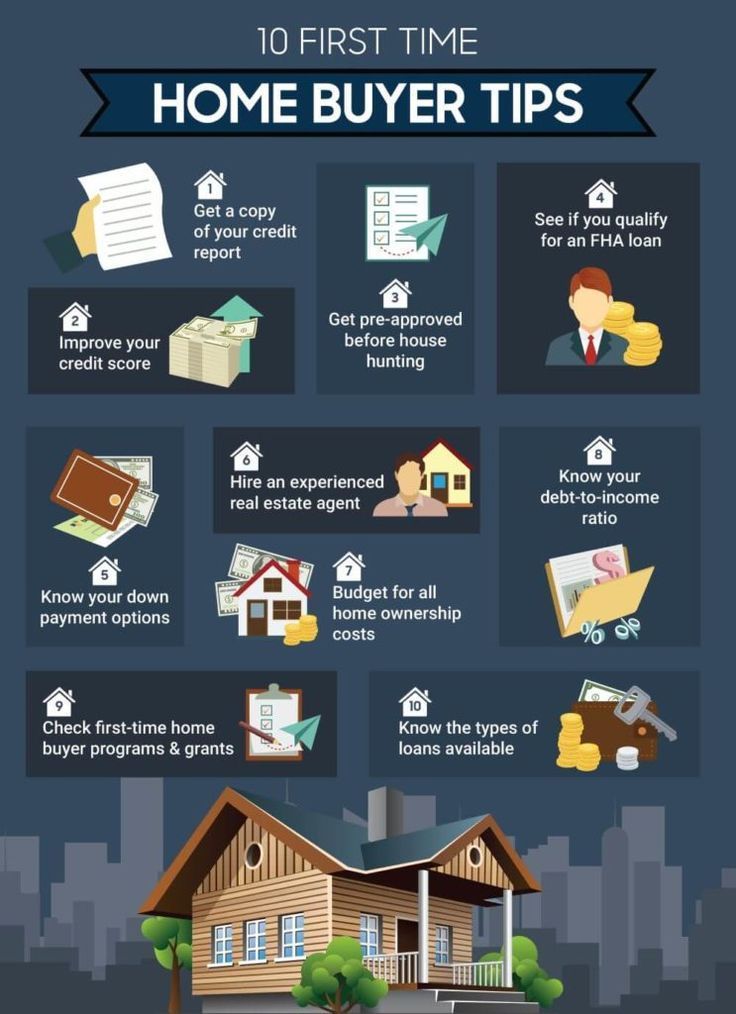Introduction
Buy your first home is a monumental step in life, mark a significant milestone. It is both exciting and daunting, as it involve significant financial and personal investment. This guide aim to equip you with the essential knowledge to make informed decisions throughout your home buying journey.
1. Assess your financial situation
Before diving into the home buying process, it’ crucial to evaluate your financial health.
- Check your credit score: A good credit score improve your chances of get a favorable mortgage rate.
- Calculate your budget: Determine how practically you can afford by consider your income, expenses, and savings.
- Save for a down payment: Aim for a down payment of at least 20 % to avoid private mortgage insurance (pPMI)
- Factor in additional costs: Don’t forget about closing costs, property taxes, home insurance, and maintenance expenses.
2. Understand your mortgage options
Mortgages come in various forms. Understand your options can help you choose the right one.
- Fix rate mortgage: Offer a consistent interest rate and monthly payment over the loan term.
- Adjustable rate mortgage (arm ) Start with a lower rate that can change over time.
- Government back loans: Consider FHA, VA, or USDA loans if you qualify, as they much require lower down payments.
3. Get pre-approved for a mortgage
Pre-approval provide a clearer picture of what you can afford and show sellers you’re a serious buyer.
 Source: searchsaltlake.com
Source: searchsaltlake.com - Provide your financial information to a lender to determine how much they’re willing to lend you.
- Pre-approval help streamline the buying process and can give you a competitive edge in a hot market.
4. Find the right real estate agent
A knowledgeable real estate agent can guide you through the process, offer insights and expertise.
- Look for an agent with experience in the area you’re interested in.
- Ask for referrals or check online reviews to find a reliable agent.
5. Start house hunting
With a budget in mind and a real estate agent by your side, begin your search for the perfect home.
- List your priorities: Consider factors like location, size, amenities, and future resale value.
- Attend open houses: Visit homes in person can give you a better feel for the space and neighborhood.
6. Make an offer
Once you find a home you love, it’ time to put in an offer.
- Work with your agent to determine a competitive yet fair offer base on market analysis.
- Be prepared to negotiate with the seller for terms that suit both parties.
7. Conduct a home inspection
A professional inspection can uncover potential issues with the property.
- Schedule an inspection shortly after your offer is accepted.
- Use the inspection report to negotiate repairs or price adjustments if necessary.
8. Close the deal
The final step involves sign the necessary paperwork and transfer ownership.
- Review all documents cautiously, ensure all terms and conditions are understood.
- Pay closing costs and sign the mortgage note and deed.
Real life example
Consider the story of Jane and tom, a couple in their early thirties who embark on the journey of buy their first home. They follow a similar guide, start with a thorough assessment of their finances. Jane’s credit score need improvement, so they take steps to raise it before apply for a mortgage. After get pre-approve, they work with a real estate agent to find a charming three-bedroom house near to their workplaces. Their offer was except, and after a successful home inspection and negotiation, they close the deal, move into their dream home within six months of start their search.
Conclusion
Buy your first home is a complex process but one that’s fabulously rewarding. By follow these steps and utilize the tips provide, you can approach this significant milestone with confidence. Remember, preparation is key to navigate the home buying journey successfully. For further insights and personalized advice, consider consult with financial advisors and real estate professionals. Happy house hunting!
 Source: day star properties.com
Source: day star properties.com 